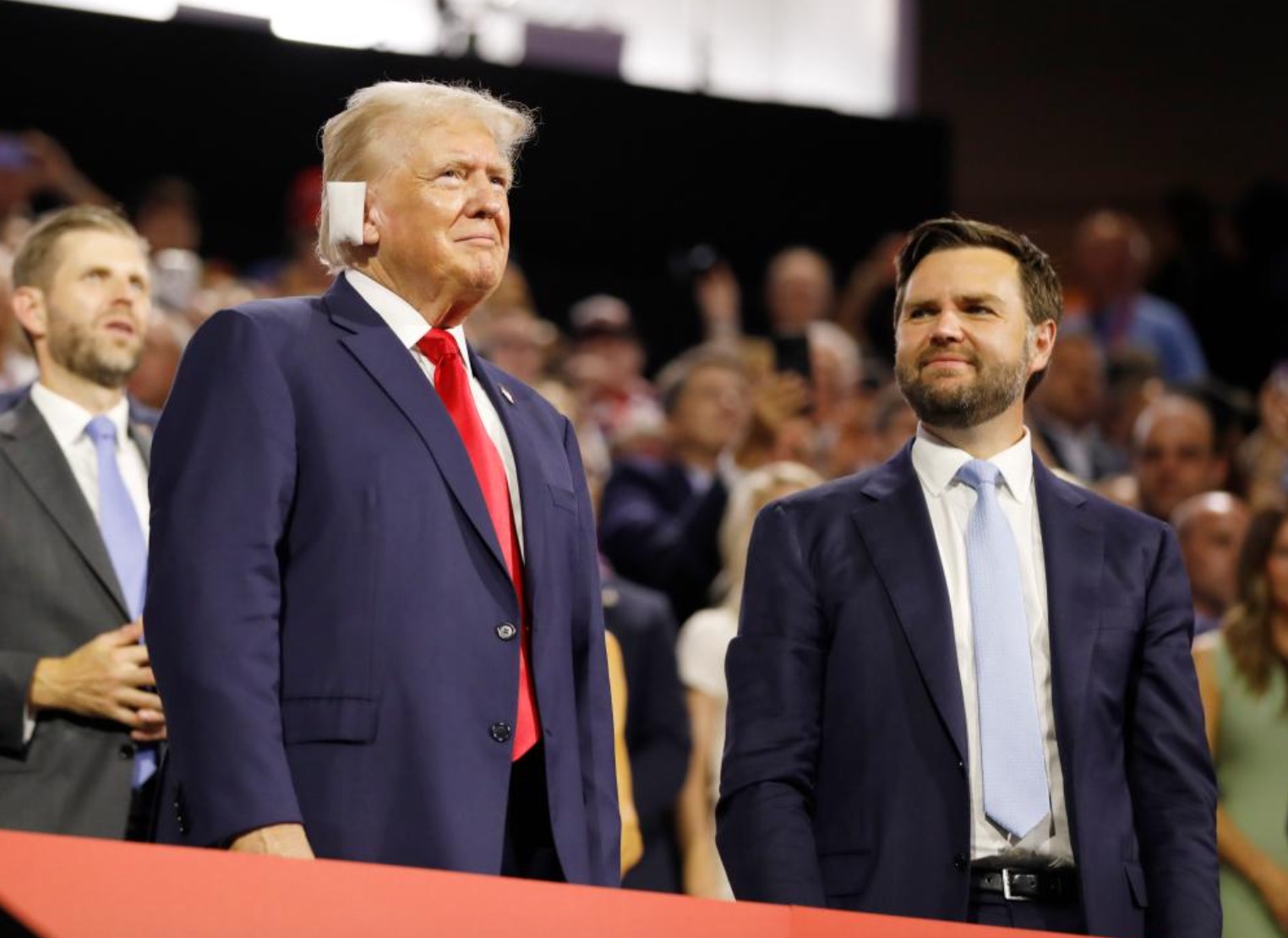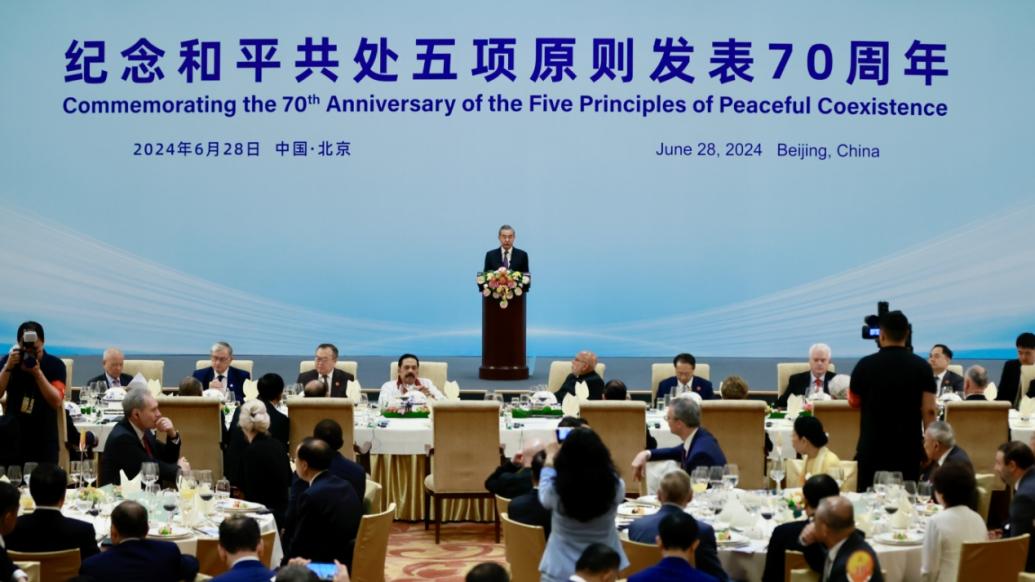
By Henry Hing Lee Chan
The National People’s Congress and Creeping Improvements in China’s Judicial System
In March every year, China’s annual lianghui — the plenary meetings of the country’s top legislative and consultative bodies, the National People’s Congress (NPC) and the Chinese People’s Political Consultative Conference (CPPCC) — are held in Beijing. The gathering is one of the most important events to watch China’s political, economic and social trends.
The NPC is the parliament of China and under the constitution, it is the highest political power organ of the country. The NPC has the power to interpret the constitution and laws of the country. The constitutional and legal interpretative authority is considered a legislative function in China rather than a judicial one. The function of the Supreme People’s Court (SPC) is the judgment of court cases. Because an interpretation of the NPC standing committee (NPCSC) is legislative in nature and not judicial, the NPC does not affect cases which has been decided by the SPC.
In 2016, close to 3,000 delegates met from March 4 to 15 to formally review the work of the NPCSC in the past year. The NPCSC is the permanent office of the NPC and meets during the annual plenary session of NPC and is tasked to exercise the power of NPC during this plenary session.
The premier’s annual government work report and budget are the perennial highlights of the NPC meeting. The premier’s work report is a kind of work program of the government for the rest of the year. In 2016, the 13th five-year program and the premier’s press conference in which Premier Li responded to the pressing questions on economic slowdown were both in public focus.
Membership in the NPC is diverse, ranging from model workers, ethnic minorities, to government ministers, provincial leaders, and the heads of the country’s State Owned Enterprises. Though they never vote down the government work report nor the ministerial appointment requests of the government, they are not as supine as most people think. The delegates behind closed doors argue on issues which often pushes the government to reconsider its position. Many draft laws never make it to the NPC for a final vote, either because they have been blocked by industrial lobbies, are too socially controversial, or because party backers realize opposition within the ranks is too high.
NPC delegates often express their sentiments through abstentions or “no” votes. Their vote patterns often accurately reflect popular perception on a minister or the public acceptance level of a proposed law. Under the Chinese political tradition, even a small number of dissenting votes can make a statement. Journalists both inside and outside China often count the votes on ministerial approvals as a clue as to who is genuinely popular and who is held in relative disregard.
The ministerial approval rating of the Supreme People’s Court and the Supreme People’s Procuratorate hit a multi-year high in 2016. These two agencies were often at the bottom of satisfaction ratings in the past and the improvement is noteworthy. The figures seem to indicate strongly the public’s perception of an improving legal environment and justice administration. Chinese netizens posted the beaming pictures of Zhou Qiang and Cao Jianming shaking hands after the electronic bulletin boards showed their approval scores in the NPC. Indirectly, this reaffirms the popularity and public perception of the effectiveness of the anti-corruption campaign started in 2013 under President Xi. Some observers take the statistical trend indicated in the table below that there is creeping improvement in the justice administration of China.

























Leave a Reply
Your email address will not be published. Required fields are marked *